Stories & Achievements: Ann’s Story
Ann’s story: a mother’s perspective
“Initially Brenden was not supposed to survive. Every part of his brain was damaged. ”
The first few years were horrendous for all of us, especially Brenden. He was in PTA for 120 days had no idea of what was going on or who we were. He was very volatile, aggressive and abusive while in hospital and rehab. When he came to live with us it was a struggle.
He wouldn’t get out of bed until three in the afternoon. He wouldn’t shower for days at a time. He totally rejected everything. We just persevered for a few years and then something ‘clicked’.
He has great support workers, some who had been with him for years so between them and his family especially and I we hung in there and told him we will never give up on him.
We just pushed him and pushed to get him to do therapy. It really was very difficult for him to understand what he needed to do to get to where he is today. Now, it’s only really been in the last two years that he’s started doing hydro. He wouldn’t do exercise. His life really was a shambles for the first three or four years.
His younger daughter is 15 and she fine with things now and has accepted it but his other daughter is 20 and she still struggles. She was 12 at the time. She doesn’t have a lot to do with him. In a way I can understand why partners don’t stick around, because it’s a horrendous experience that you put your loved ones through unknowingly.
“Mothers are there forever; we cop the good the bad and the ugly.”
For many people to look after people with brain injuries is too hard. What they’ve got to go through, the abuse and everything. Brenden couldn’t walk, talk, do anything for himself, so he had his care workers doing it all for him. Not many partners could cope and manage a brain injured person to the extent that was required with Brenden in early years. It’s sad, but it’s reality.
Brenden had so many friends. He would do anything for anybody. If you were a mate of Brenden’s and something was wrong he’d be there for you. All his friends came to the hospital for the first 6 months to see him, but as he came out of it he was volatile and they couldn’t deal with it. They all just disappeared. That’s the hardest part, the loneliness.
Credit to Brenden, he really has done the hard yards to get where he is today. The thing is that now Brenden has got a life. Because of all his hard work and his support. He stills has a way to go and some days it’s harder than others to get the brain to communicate with the body to do what it needs to do.
Before his accident Brenden thought he could do whatever he wanted with no consequences. He was lucky for a long time but it caught up to him that fateful morning.
Brenden has accepted his life as it is now and embraces it with positivity and enjoys each day as a bonus. He now tells his story to others in hope that they will think about what they do and the consequences of those actions.
“How wrong were those doctors! They don’t know the power of a mother’s love and determination to never give up.”
Brenden has always been a wonderful caring person but now he has a purpose to help others whether disabled or not.”
I’ve never loved or been more proud than I am of you Brenden. You set a great example for others.
- Ann
Brenden is now part of Headstart’s Community Education Team (CET).
A collage poster in Brenden’s home encapsulates much of his early recovery journey (2013).




